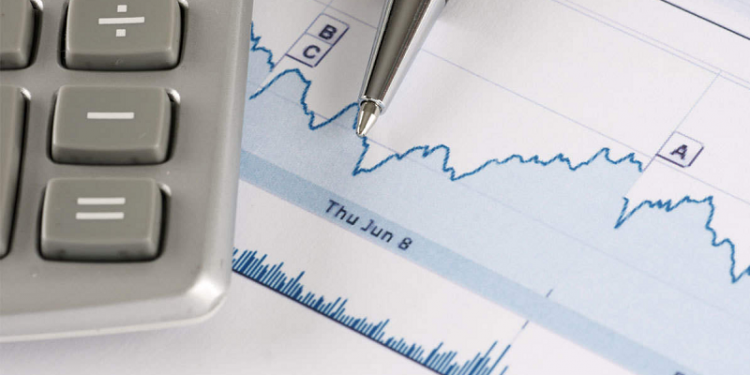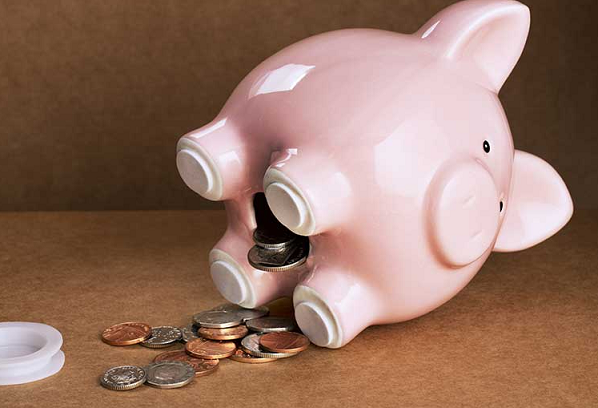
Let me mention this straight off the bat: None of you reading this are as smart as me. I. Am. A. Genius. That being said, I’m willing to let you in on some universal investment advice. I’ll include sources where they exist and I’ll be ignoring sources when I make stuff up.
This advice that I’m about to give is basic advice on the stock market. The stock market is doing well in 2017. It’s hitting record numbers and making constant headlines. Cryptocurrencies are another investment that are doing well in 2017. Their record numbers are also reaching headlines. And with cryptocurrencies such as Bitcoin being so popular, many of you are possibly considering putting money there. Don’t. I am a genius and you should listen to everything I say.
I’m going to tell you why you should put money in index funds, but first I’ll need to provide some background info to persuade you.

There is something in the investment world called “Risk-free Rate of Return.” This is just the amount of money you can earn on investments without taking on a huge gamble. Imagine a slot machine that paid pennies, but always gave you money. That’s a risk-free return.
Nominal risk free rate is the return you can get on investments that carry ZERO risk. For instance, if there was a slot machine that allowed you to play once-a-week, but always paid you $5, five dollars would be your risk-free return on that slot machine. In the economy, most investments carry risk. Buying 100 shares of Tesla carries risk. Playing an ACTUAL slot machine definitely carries risk. Hanging out with my side chick on the weekends carries risk.
But there is something in the investment world called Treasury Bills. These carry very little risk. When you buy a treasury bill, you are loaning the government money (usually $1,000) with the promise of a return. At the end of 2017, current returns on treasury bills were 1.69%. What does that mean? It means if you loan the government $1,000, in a year you will get $1,000 back, plus an additional $16.90. Yes, that number is low. But it is also ZERO risk. Remember that. That low percent we would get back doesn’t do much for us, but if you’re a huge company such as Apple with billions of dollars sitting around, it adds up.
You probably know what this is. At the time of writing this, inflation for the United States was 2.2%.
Right now, a 1.69% return on a treasury bill is diluted by 2.2% inflation. So, your guaranteed investment still loses you a little bit of cash. For a larger company, using a risk free investment such as a treasury bill to offset inflation can be a huge when working with millions of dollars.
Any time you put money into the stock market you are taking risk. Treasury bills are one of the few things with ZERO risk. HOWEVER, there are investments such as index funds that are very reliable. The S&P 500 follows the performance of the 500 largest companies in America. Basically, if the 500 largest companies in America are doing well, odds are the rest of the economy is doing well. The two go hand-in-hand. Also, since the S&P 500 combines the top 500 companies, the performance of a few bad companies is almost always offset by the more successful ones. The S&P 500 CAN tank if the economy tanks, but it will be more reliable than any individual stock. 2017 saw a lot of growth in the stock market.
So, to go back to our point about risk-free rates of return. The safest investment (treasury bills) can give you about a 2% rate of return. Low-risk investments such as index funds can give you 15–20% returns (during good economic times). And larger risk investments MIGHT give you huge returns. But, odds are, if they do, they are not going to be much better than the S&P 500. You’ll find that Forbes has the definitive input on this topic.
So, if you’re Apple or Disney, or Ford, and you have a lot of extra cash sitting around, consider putting your money in treasury bills or something similar. But, if you’re like most Americans and you just want the money you have to grow and work for you, there aren’t many better choices than an index fund.